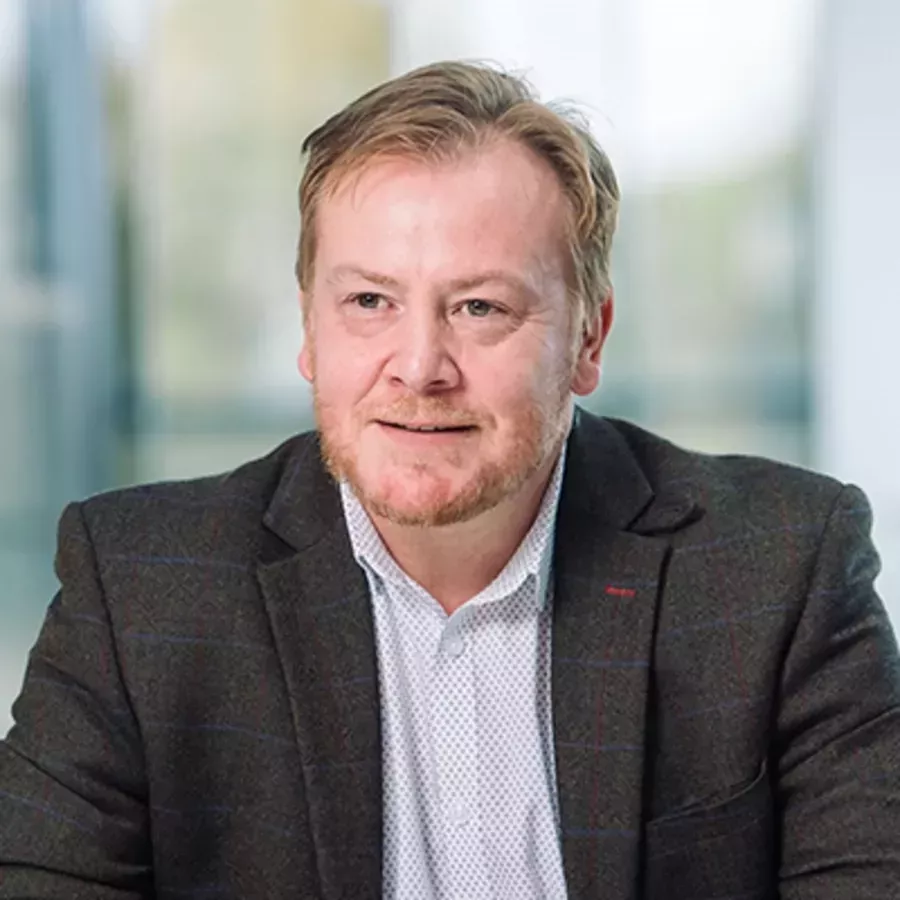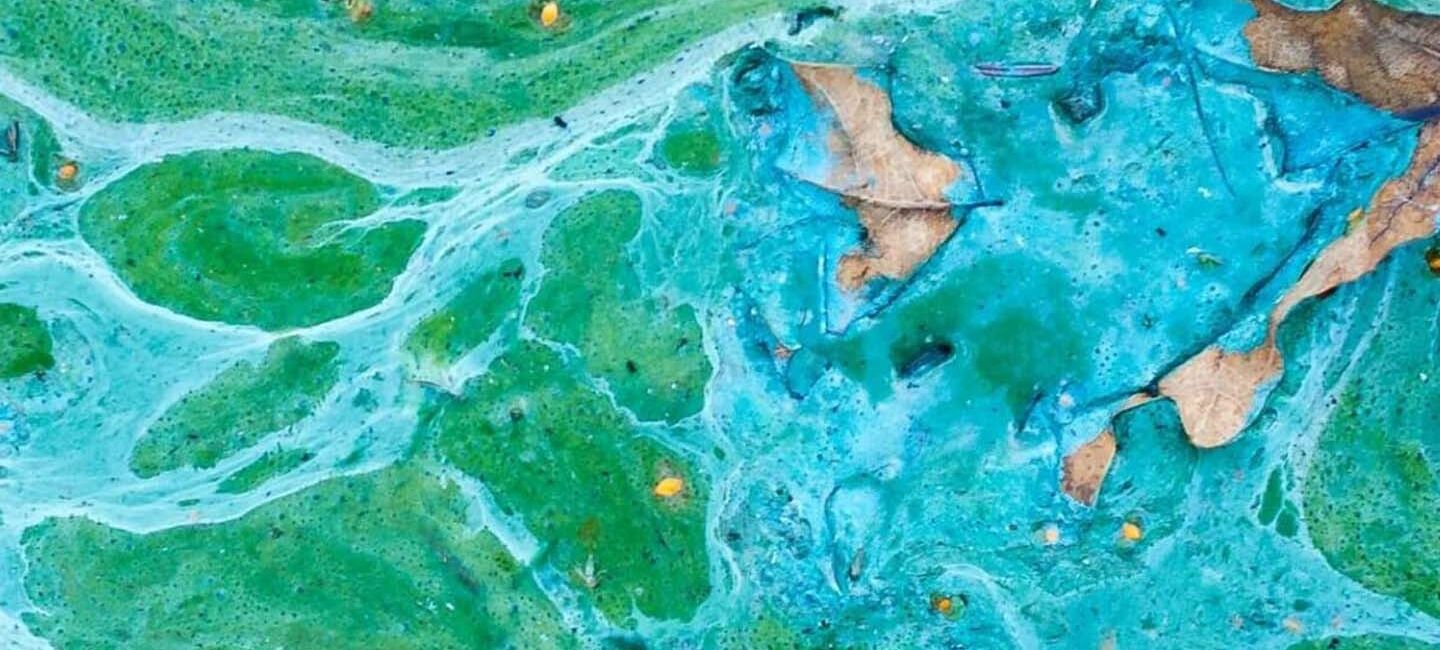Calling applicants - By Mark Casey, Head of Research, Design and Innovation
The UK Hydrographic Office (UKHO) is launching a new challenge in collaboration with Geovation – a start-up accelerator programme and initiative of Ordnance Survey (OS), the national mapping agency for Great Britain - to find a sustainable solution to diffuse coastal pollution.
‘Diffuse’ pollution is pollution from multiple and often unidentified sources which causes significant damage to the coastal environment on a global scale, including eutrophication, water quality degradation, and loss of biodiversity, as well as adverse effects to human health and the food chain.
Diffuse pollution is a cumulative problem, yet it’s not being spoken about enough. At the UKHO - and in partnership with our colleagues at Geovation - we are committed to supporting the search for a sustainable solution.
To do this, the UKHO will grant participants in the Diffuse Coastal Pollution Challenge access to our world-leading range of data sets for Bathymetry and Maritime limits and Boundaries, Marine Protected Areas and Tidal Data. Fellow data providers and experts - including Ordnance Survey, the Met Office, and The British Geological Survey - will also provide participants with rich, high-quality data.
Our approach to marine hydrography innovation and development is grounded in research and collaboration. As part of this approach, working together with innovators and start-ups is key to create ground-breaking, sustainable, and truly effective solutions that can work in the long term.
We are looking for innovators who care about the environment and want to make a positive impact. The Diffuse Coastal Pollution Challenge is not only a unique opportunity to contribute to finding a solution to prevent the severe consequences of diffuse coastal pollution, but also winners will receive up to £5,000 funding to further develop their idea. Applicants must be UK residents over 18 years old or a UK registered Ltd company. Does this sound like you? To learn more, please read on for the details about the application process and deadlines.
Application process and timeline
- Register for the Challenge (16th December – 20th February)
Firstly, applicants must register for the challenge here. Once you’ve registered, you’ll get full access to the data, information and primary and secondary research we have carried out which will help you create and design your solution.
- Submit your application (Mid-January – 20th February)
Submissions for the challenge will be open from mid-January until the 20th of February. Applicants will need to submit a slide deck (15 slides maximum) and video (3 minutes maximum).
The slide deck should include a description of the problem you want to solve, the solution you propose and how you will execute it, how you will use the data and your suggested next steps, including the allocation and plans for the prize money. The video should include an introduction to your team, approach and vision.
For the full information and details on our Diffuse Coastal Pollution Challenge and application process, please visit here.

Name
Mark Casey
Mark is responsible for identifying and developing new solutions that use marine geospatial data to support commercial shipping and the wider blue economy.


